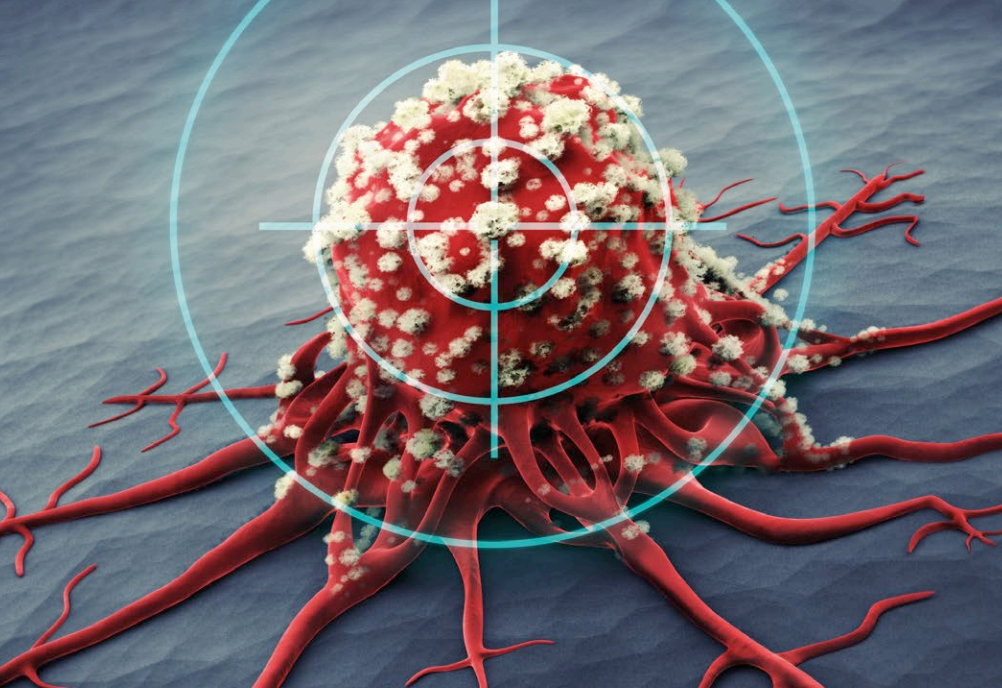Share this Page:
The results of COSMIC-131 were presented at the European Society of Medical Oncology (ESMO) congress in Paris last weekend. COSMIC-313 is the first study to combine cabozantinib (and TKI) with nivolumab and ipilimumab (immunotherapies) and compare it to ipilimumab plus nivolumab for the treatment of people with intermediate or poor risk advanced kidney cancer.
855 patients were assessed in this phase 3 study. Patients were randomly allocated to receive either nivolumab and ipilimumab plus cabozantinib or nivolumab and ipilimumab plus placebo. The study is double-blind, meaning both the doctor and the patient do not know which treatment they are on. All patients had clear cell kidney cancer that was of intermediate or poor risk.
Preliminary results from the clinical trial have been released. The results showed that adding cabozantinib to nivolumab plus ipilimumab increased the time to when the treatment stopped working and the cancer started growing again (progression-free survival). Average progression-free survival was not reach for the triple combination, but for the ipilimumab plus nivolumab combination it was just over 11 months.
The study showed that compared with nivolumab plus ipilimumab alone, cabozantinib plus the immunotherapies resulted in a 27% reduction in the risk of disease progression or death. It is too early in the trial to determine overall survival times for the triple combination compared to nivolumab plus ipilimumab, and the trial is ongoing to collect this information. The cancer got smaller in 43% of the patients who were on the triple combination, compared to 36% on ipilimumab plus nivolumab.
Serious or life-threatening side effects were reported by 73% of patients taking the triple combination and 41% on ipilimumab plus nivolumab. There were 3 deaths (1%) in each treatment group that were related to treatment. 12% and 5% of patients stopped treatment in the triple combination group and ipilimumab plus nivolumab treatment group, respectively.
In summary, the triple combination of cabozantinib, nivolumab and ipilimumab significantly improved the time to when the cancer started growing again and the treatment stopped working compared to ipilimumab plus nivolumab in previously untreated advanced kidney cancer with high-risk disease.
There were no new side effects reported compared to previous trials using the medicines alone or in combination. The study continues to collect survival information.













